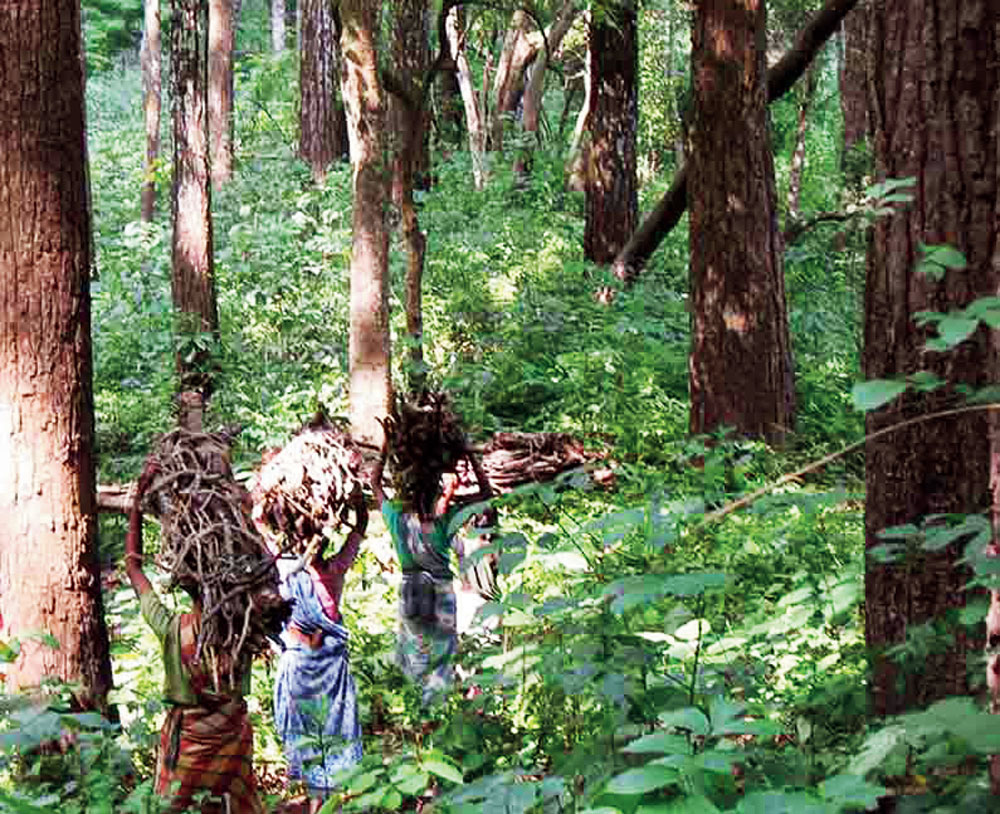Twenty-five states with tribal populations have sought more time from the Supreme Court to review their earlier rejections of more than 17 lakh claims from forest dwellers for records of rights or pattas over their patches of forestland.
These states have filed separate affidavits in the apex court citing procedural lapses in their own decisions rejecting the claims for pattas under the Forest Rights Act, 2005. These decisions were taken over the last 13 years.
In February, on a public interest plea moved by an NGO to protect the forests from depletion, the apex court had ordered the eviction of forest dwellers whose claims for pattas had been rejected.
Faced with a political hot potato that would involve the eviction of lakhs of families, the states pleaded that the rejections were riddled with lapses and needed a review. The apex court therefore stayed the judgment in April.
With a hearing approaching this week, the states earlier this month applied for more time to complete the reviews.
Officials in the Union tribal affairs ministry said the states had told the apex court that most of the decisions to reject the claims had been taken without supporting reports from the village committees. In several instances, the rejections were not conveyed to the claimants.
The Forest Rights Act mandates the award of pattas to tribal and non-tribal families that claim them, provided they can show they have been occupying the plot for three generations or 75 years before the cut-off date of December 13, 2005. The claimants need to furnish documents such as voter cards and ration cards as proof.
Under the Forest Rights Act, these families have to apply for the pattas to the gram sabha, which forwards the claims with its observations to subdivision-level committees in the talukas. These committees forward the claims to district-level committees for the final decision.
According to information compiled by the tribal affairs ministry, 42.3 lakh claims for pattas have been filed since 2006. While 19.6 lakh titles have been distributed, 17.5 lakh claims have been rejected and 5.2 lakh are pending at various stages of recognition or verification.
Madhusudan Bandi, a teacher at the Gujarat Institute of Development Research in Ahmedabad, said the central and state governments had, irrespective of which party was in power, showed no willingness to implement the Forest Rights Act.
“Forest department officials now lord it over the forestland and the families living on it (which they can’t any more if the pattas are awarded), so they have raised (malicious) objections to the claims,” Bandi said.
Ashok Bharati, chairperson of the All India Ambedkar Mahasabha, an umbrella body of tribal and Dalit groups, said the bureaucracy had “contempt” for the tribal communities.
“They asked the tribal claimants to produce all kinds of proof. The onus was always on the poor tribal families to prove their demand. It’s the wrong approach,” he said.










